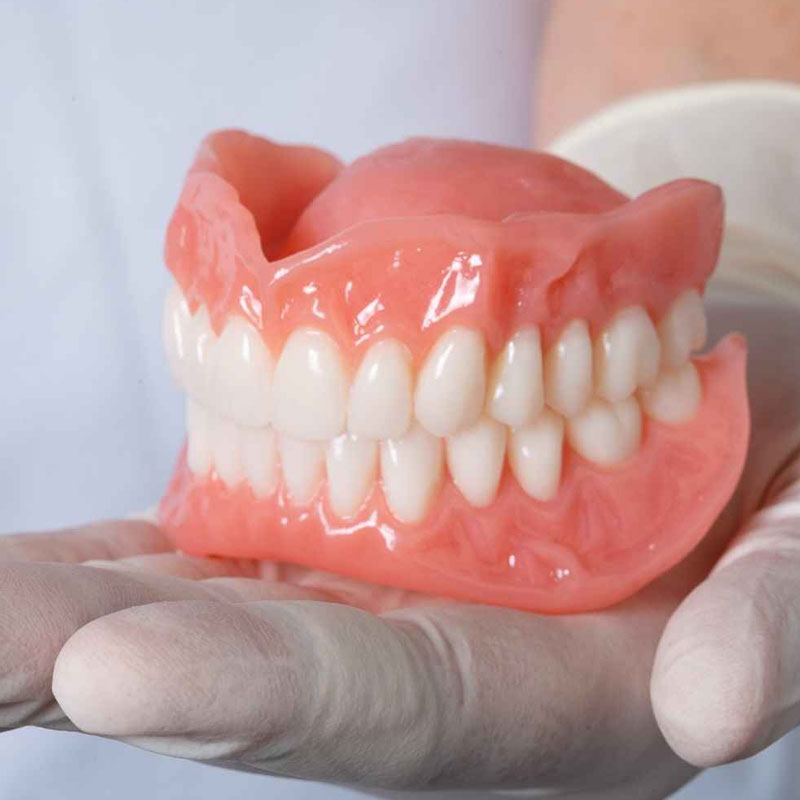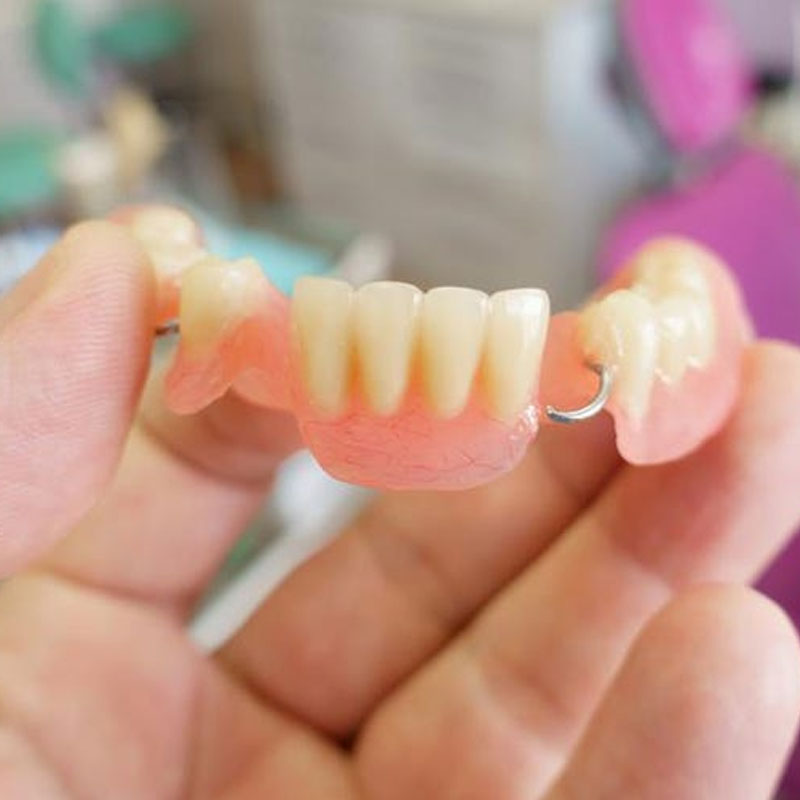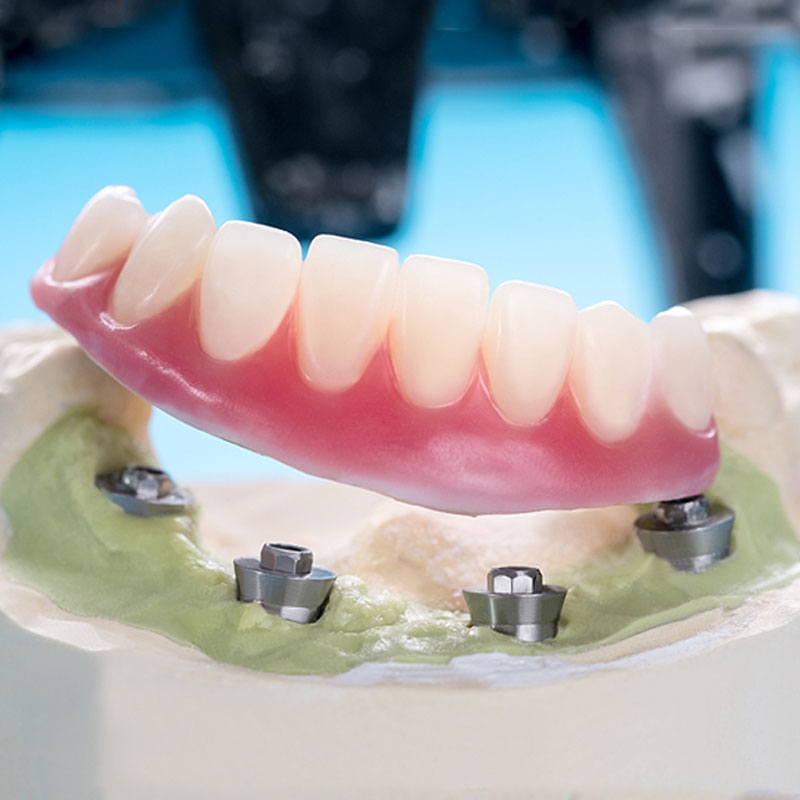Dentures - Blog
Dentures are a type of dental prosthesis used to replace missing teeth and restore oral function and aesthetics. They come in different types and materials, each with its own benefits and drawbacks. In this blog, we will explore the different types of dentures available and their benefits.
Full dentures
Full dentures, also known as complete dentures, are used when all teeth are missing or need to be removed. They are made of acrylic resin and can either be conventional or immediate. Conventional dentures are made after the gums have healed following tooth extraction, while immediate dentures are made beforehand and can be placed immediately after tooth extraction. The benefit of immediate dentures is that patients do not have to go without teeth during the healing process.
Benefits of full dentures:
They are affordable and readily available.
They restore the appearance of a full set of teeth, which can boost self-confidence and improve quality of life.
They allow patients to eat and speak properly, which can improve their overall health.


Partial dentures
Partial dentures are used when some teeth are missing but others remain. They are made of acrylic resin or a combination of metal and acrylic resin, and are attached to the remaining teeth with metal clasps. Partial dentures can be removed for cleaning and maintenance.
Benefits of partial dentures:
They are more affordable than dental implants and bridges.
They prevent remaining teeth from shifting out of position and causing further dental problems.
They restore oral function, allowing patients to eat and speak properly.
Implant-supported dentures
Implant-supported dentures are dentures that are anchored to dental implants that have been surgically placed in the jawbone. They are typically made of acrylic resin or porcelain, and can either be removable or fixed in place. Implant-supported dentures provide a stable, secure, and long-lasting solution for missing teeth.
Benefits of implant-supported dentures:
They provide a more stable and secure fit compared to traditional dentures.
They do not require adhesive or clasps.
They prevent bone loss in the jaw, which can occur when teeth are missing.
Flexible dentures
Flexible dentures are made of a flexible, thermoplastic material called nylon. They are typically used for partial dentures, and are designed to blend in with the natural color of the gums.
Benefits of flexible dentures
They are lightweight and comfortable to wear.
They are less likely to break or chip compared to traditional acrylic resin dentures.
They can be made quickly and easily.
Custom dentures
Custom dentures are dentures that are designed and fabricated specifically for an individual patient. They are typically made of high-quality materials such as porcelain or composite resin, and are customized to fit the patient’s mouth perfectly.
Benefits of custom dentures:
They provide the most natural-looking and comfortable fit.
They can be designed to match the patient’s natural teeth and gum color.
They are made to last, and require less maintenance and repair than other types of dentures.
In conclusion, dentures are an effective and affordable solution for missing teeth. There are different types of dentures available, each with its own benefits and drawbacks. Your dentist can help you choose the best type of denture for your individual needs and preferences.





